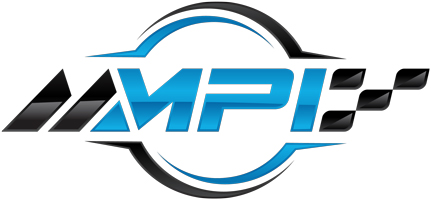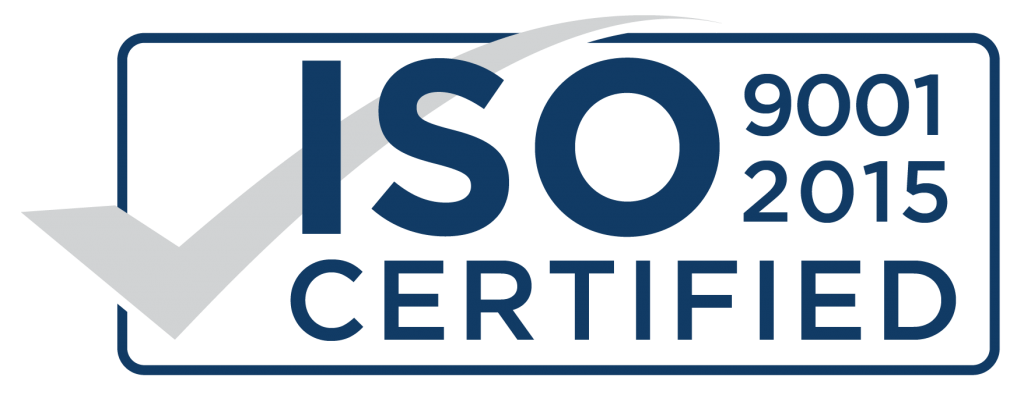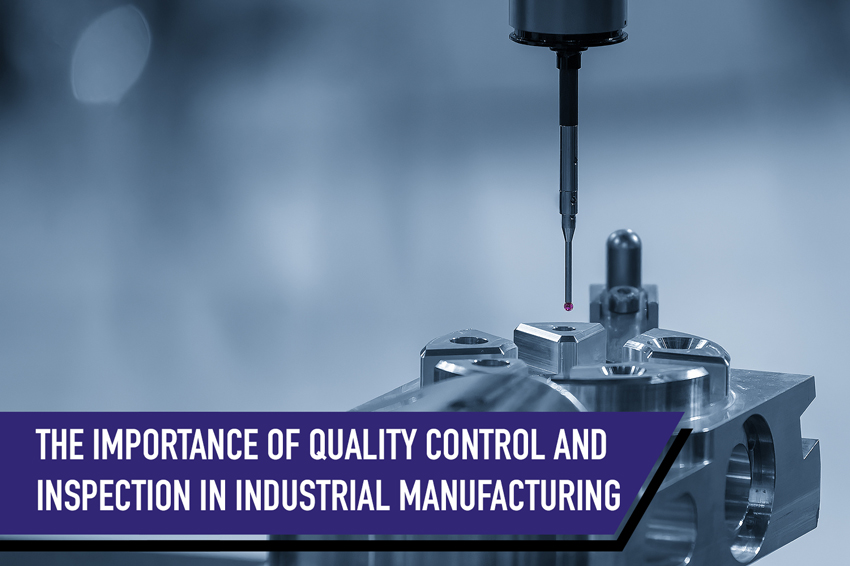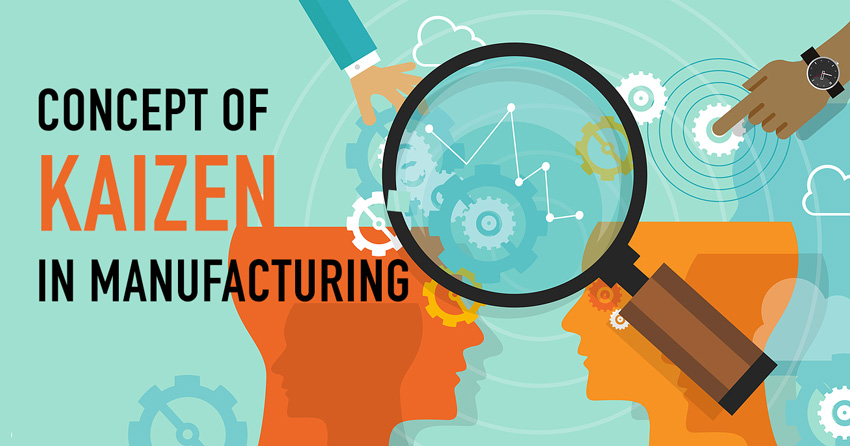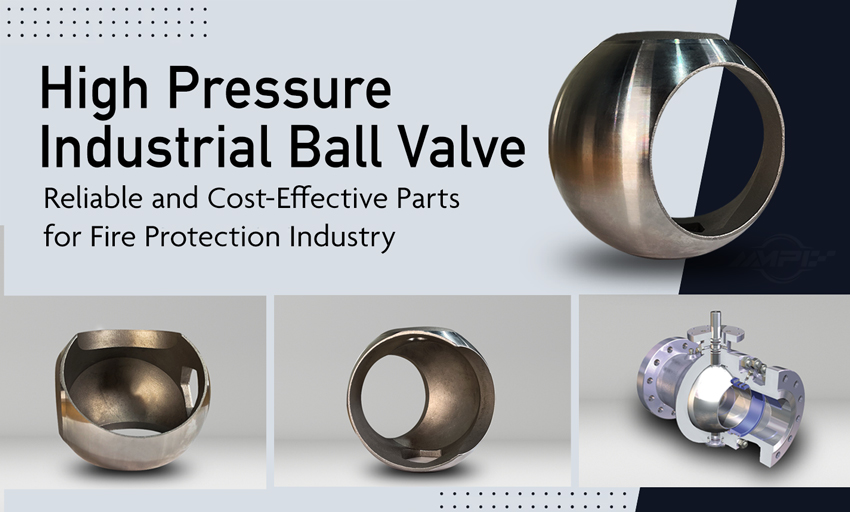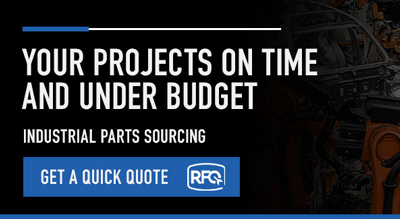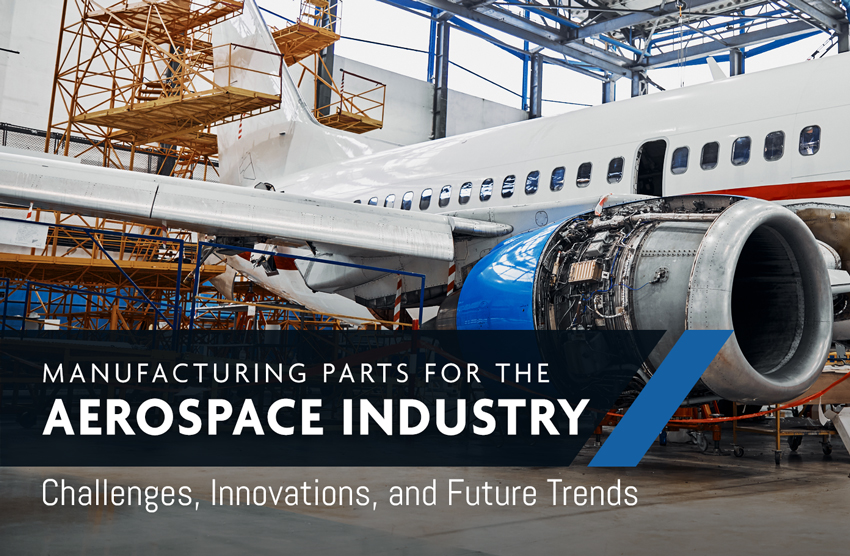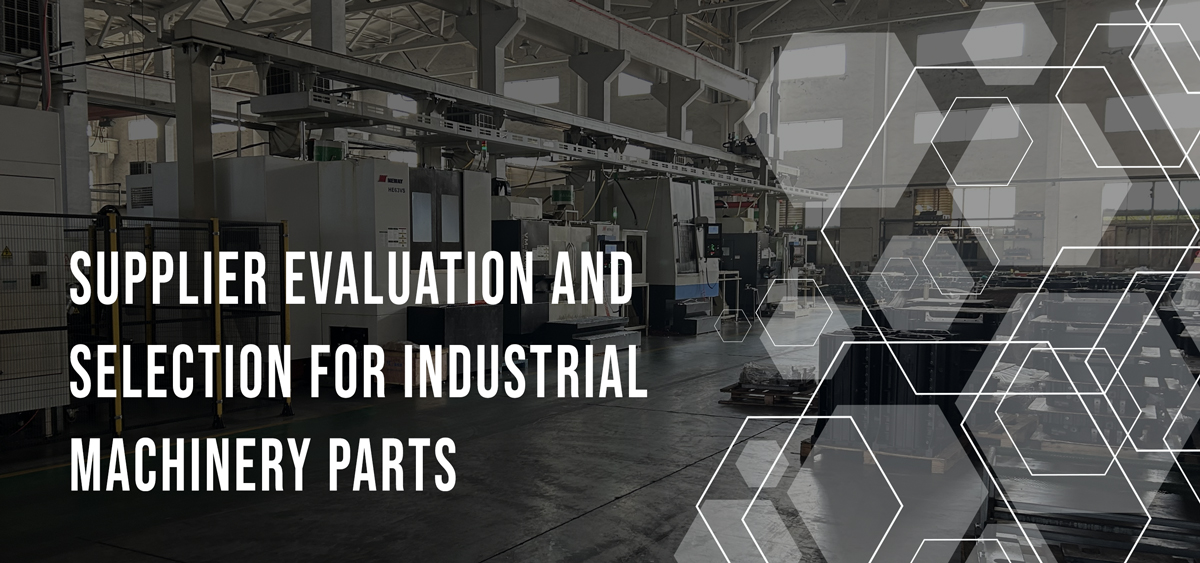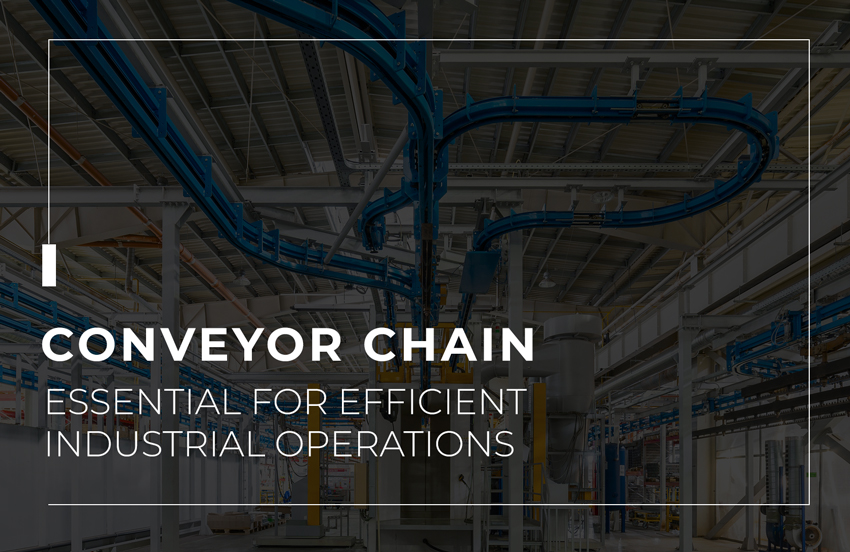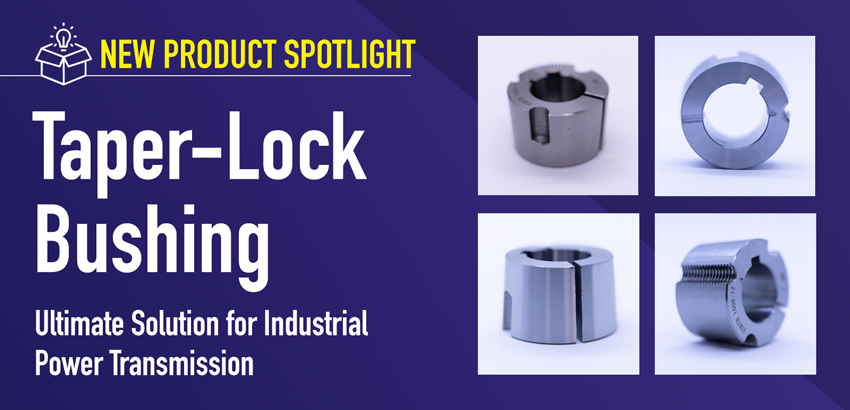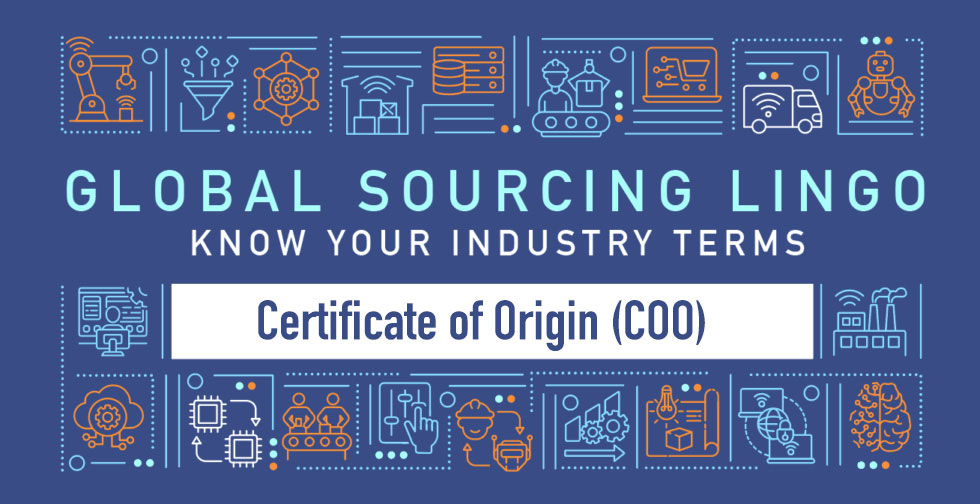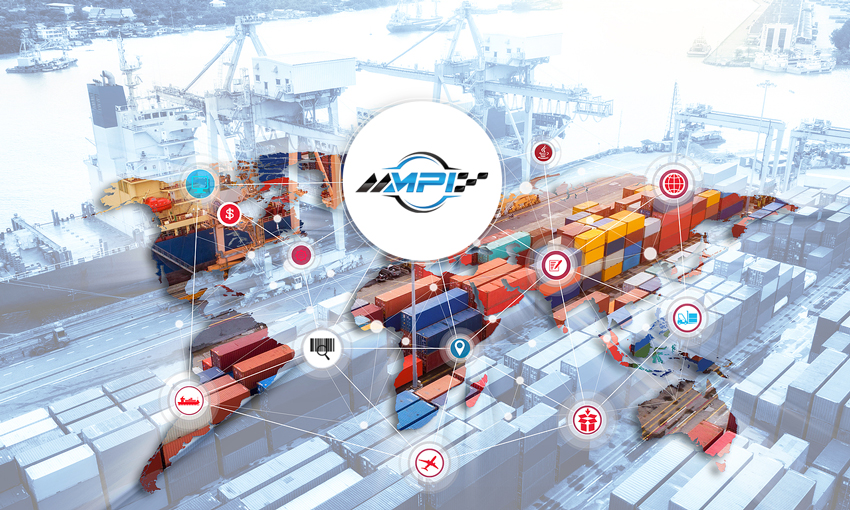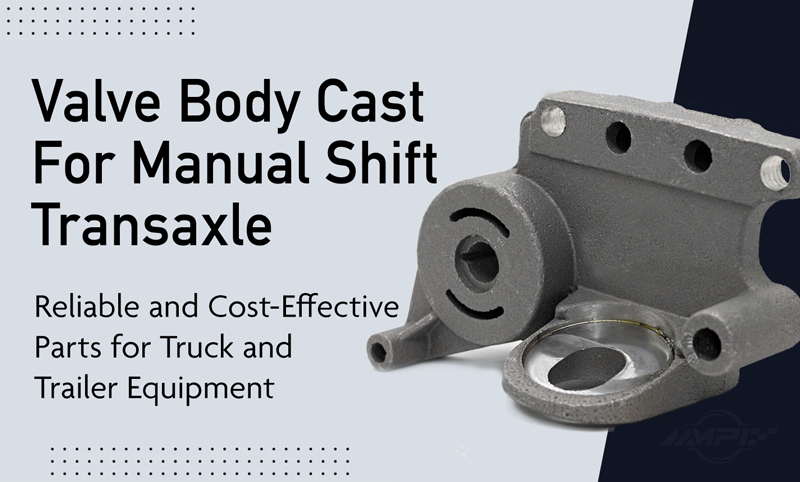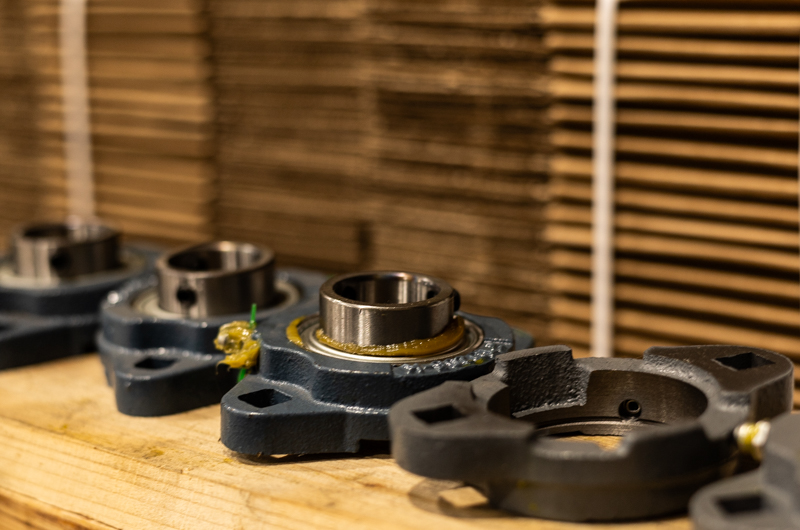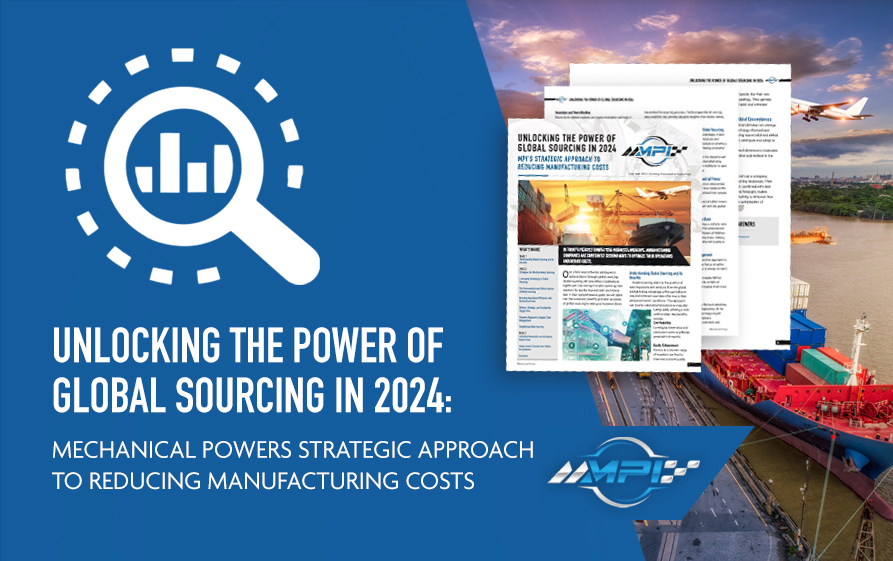What is Quality Control?
Quality control (QC) is a process through which a manufacturing company seeks to ensure that product quality is maintained or enhanced. It requires the business to create an environment where employees and management strive for the best results.
This is achieved through training, setting standards for product quality, and monitoring products to check for statistically significant changes.
What is Quality Inspection?
Quality inspection is a key component of quality control in industrial manufacturing. It involves examining, testing, gauging, or measuring different features of an industrial product and comparing those results with specified benchmarks to determine if there is conformity. This inspection may be performed by the factory’s quality control staff, a client, or a third-party organization.
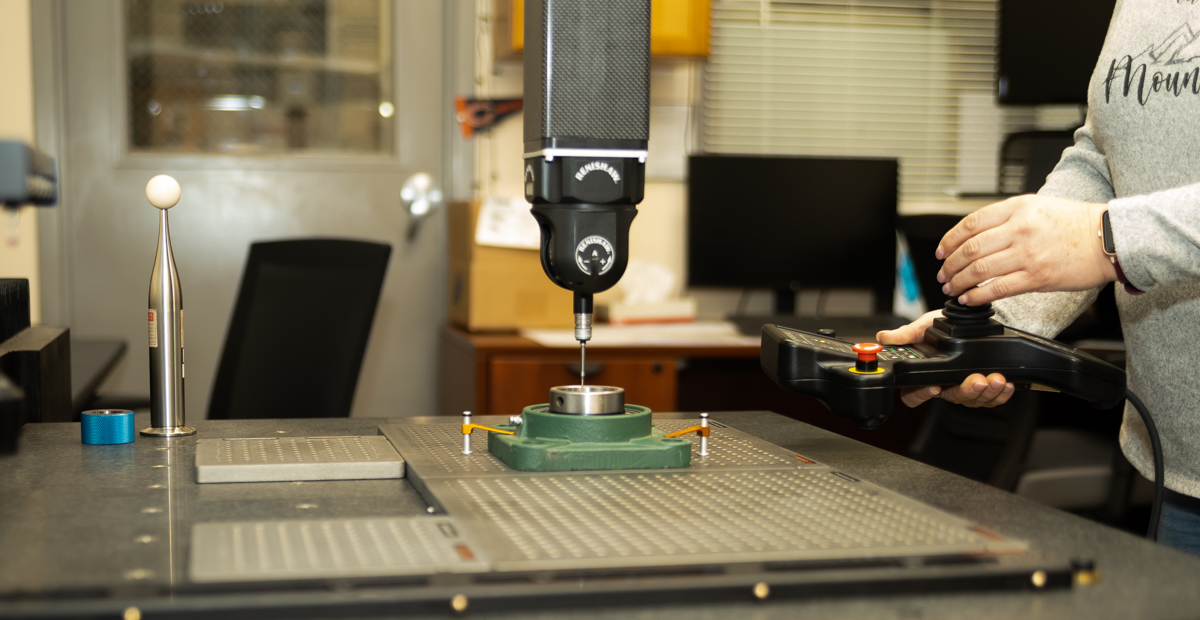
Halina Roszkowski – Quality Assurance Inspector, performing quality inspection using coordinate measuring machines (CMM)
Types of Inspection Used in Industrial Manufacturing
The types of quality inspection can vary depending on the product in industrial manufacturing, but there are three main types. These include preproduction inspection, in-process inspection, and final inspection.
Preproduction or Material Inspection
The Preproduction Inspection (PPI) is a form of quality control done before the manufacturing process begins to determine the quality and quantity of different components and raw materials. This inspection may include checking the expiration date of chemicals and doing strength testing to ensure that industrial components meet design and weight requirements before entering production.
Preproduction inspection is also quite crucial in a case where you suspect the supplier has resorted to cutting costs by substituting cheaper materials. This phase can minimize communication issues related to production timelines, quality expectations, shipping dates, and other important information between you and your supplier.
In-Process Inspection
Also referred to as During Production Inspection (DURPO), in-process inspection is done to identify errors early on in manufacturing, thereby saving time and resources in the long run. This system may take physical measurements for width or length checks, visual checks, color checks, weight checks, and other checks regarding temperature, measurement, viscosity, and more.
Final Inspection
A final inspection is where the quality control experts measure the final products to ensure they are manufactured according to specifications. This process may include most of the same checks used during an in-process inspection, and products such as machines may be tested individually.
Why is Quality Control needed in industrial manufacturing?
Creating heavy industrial machinery is costly, time-consuming, and hazardous without proper checks and controls. Moreover, if a company forwards defective products for purchase, it could be held accountable for issues, injuries, or even fatalities that arise from using its faulty products. Quality control technicians ensure that unsafe or defective products are identified timely and that the causes are fixed appropriately.
How to Establish Quality Control and Inspection Processes?
Some internal procedures or methods are implemented when conducting quality control and inspection. These include:
Create Quality Benchmarks
The first step is to define and set your quality standards that will act as a benchmark for future production. These standards are usually aligned with an outside body in the industrial manufacturing sector, such as a government regulatory agency or an industry association.
Align the Company’s Mission and Vision with Employees
The next step is to align the mission and vision of the business with its employees so they can be aware of the standards and then work collectively to achieve those goals. Training and holding workshops are some of the best ways to ensure the entire manufacturing team is on board.
Implement the Processes
This step analyzes the unit gathered following the inspections and quality standards of variables and attributes. The product is then accepted or rejected depending on the presence or absence of flaws. Reviewing the data regularly to see how well the business is meeting its quality standards is integral.
Quality Control and Inspection in Industrial Manufacturing
Besides improving the quality of the product, quality control and inspection offers a range of benefits for industrial manufacturing businesses.
Improves Product Consistency
Equipment and equipment parts that go through QC processes are more consistent, starting from raw materials to the finished product. Defective products, sub-standard component substitution, and shortcuts in manufacturing are effectively identified and prevented before they can cause serious damage.
Poorly manufactured industrial equipment can result in parts scrapping, recalls, or complete rework. Customers generally return defective products, which can tarnish the company’s image and reputation.
Additionally, compensating for such products can be extremely hefty and alienate the business from many of its clientele. The costs involved are not only monetary but also physical and emotional.
Offers Greater Supplier Control
Having QC and inspection in your factory enables you to exercise greater control over your supplier. Suppliers are drastically more careful when their clients conduct regular quality inspections, and this reduces the incidence of defective components or lower-quality materials.
Increased Bargaining Power
In certain instances, when a supplier exceeds the acceptable defect level, the client will have the power to negotiate the resolution terms. Sometimes it is a unit-by-unit inspection. Other times it could be a discounted shipment price. Regardless of the situation, having a detailed idea of the quality situation of the equipment before shipment will offer you greater leverage when resolving the matter.
Brand Image Protection
Ensuring high-quality standards in your industrial manufacturing increases customer satisfaction, trust, and loyalty. Satisfied customers come back and act as free brand ambassadors for your company. Compromising on quality will not only drive your customers away but also put you at risk of costly lawsuits and bad press.
Bottom Line
Quality control and inspection are crucial in industrial manufacturing since they help businesses save time and money and protect brand image and customer loyalty.
At Mechanical Power, we are proud to work with experienced and knowledgeable team, that is actively inspecting and evaluating incoming parts. Our QC team makes sure that we deliver only the best quality and conformance to your specifications and applications.

Resourceful and innovative Marketing Pro, with 20+ years of progressive experience in the marketing and creative technology industry. Responsible for digital and traditional marketing efforts that promotes brand awareness, increases engagement, and drives revenue.
